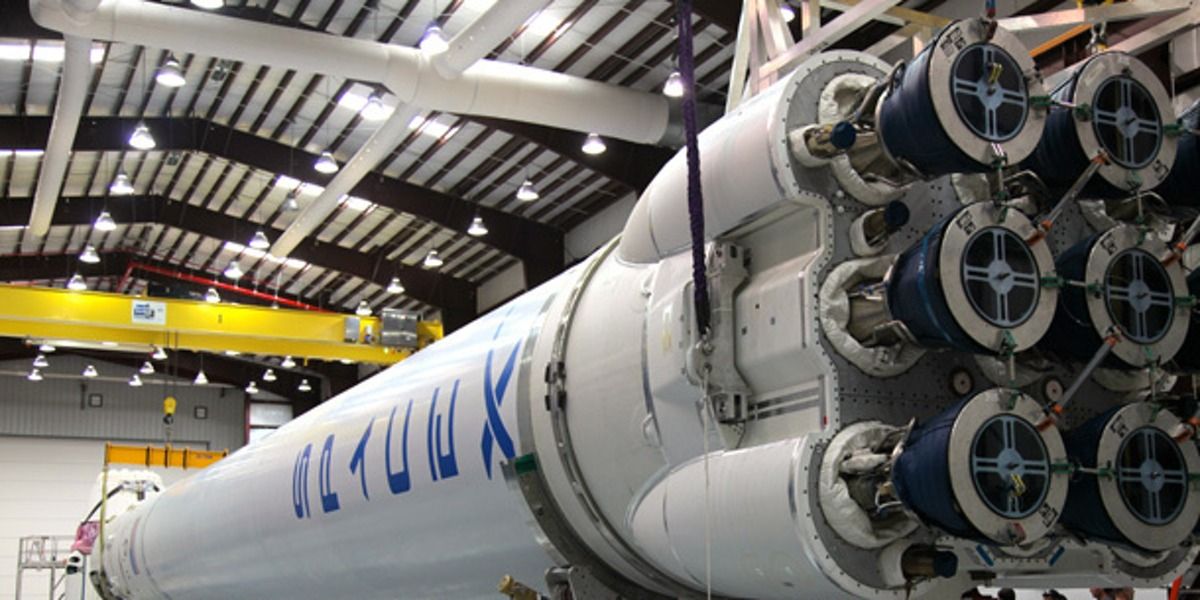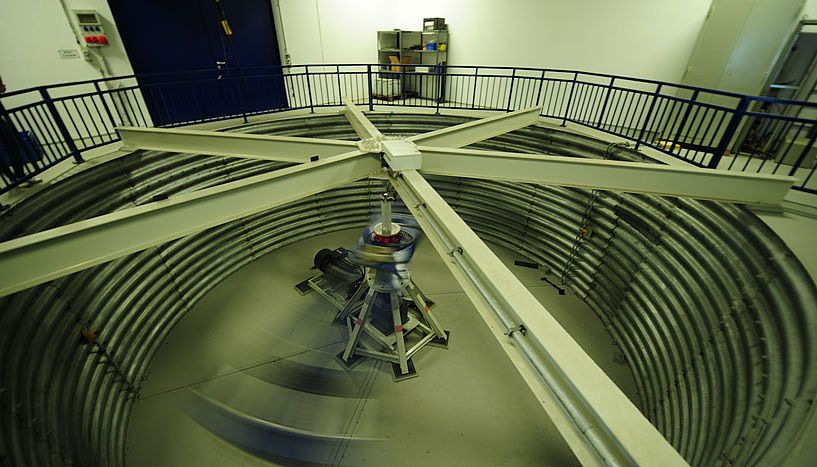(Phys.org)—In the non-intuitive quantum domain, the phenomenon of counterfactuality is defined as the transfer of a quantum state from one site to another without any quantum or classical particle transmitted between them. Counterfactuality requires a quantum channel between sites, which means that there exists a tiny probability that a quantum particle will cross the channel—in that event, the run of the system is discarded and a new one begins. It works because of the wave-particle duality that is fundamental to particle physics: Particles can be described by wave function alone.
Well understood as a workable scheme by physicists, theoretical aspects of counterfactual communication have appeared in journals, but until recently, there have been no practical demonstrations of the phenomenon. Now, a collaborative of Chinese scientists has designed and experimentally tested a counterfactual communication system that successfully transferred a monochrome bitmap from one location to another using a nested version of the quantum Zeno effect. They have reported their results in the Proceedings of the National Academy of Sciences.
The quantum Zeno effect occurs when an unstable quantum system is subjected to a series of weak measurements. Unstable particles can never decay while they are being measured, and the system is effectively frozen with a very high probability. This is one of the implications of the well known but highly non-intuitive principle that looking at something changes it in the quantum realm.









